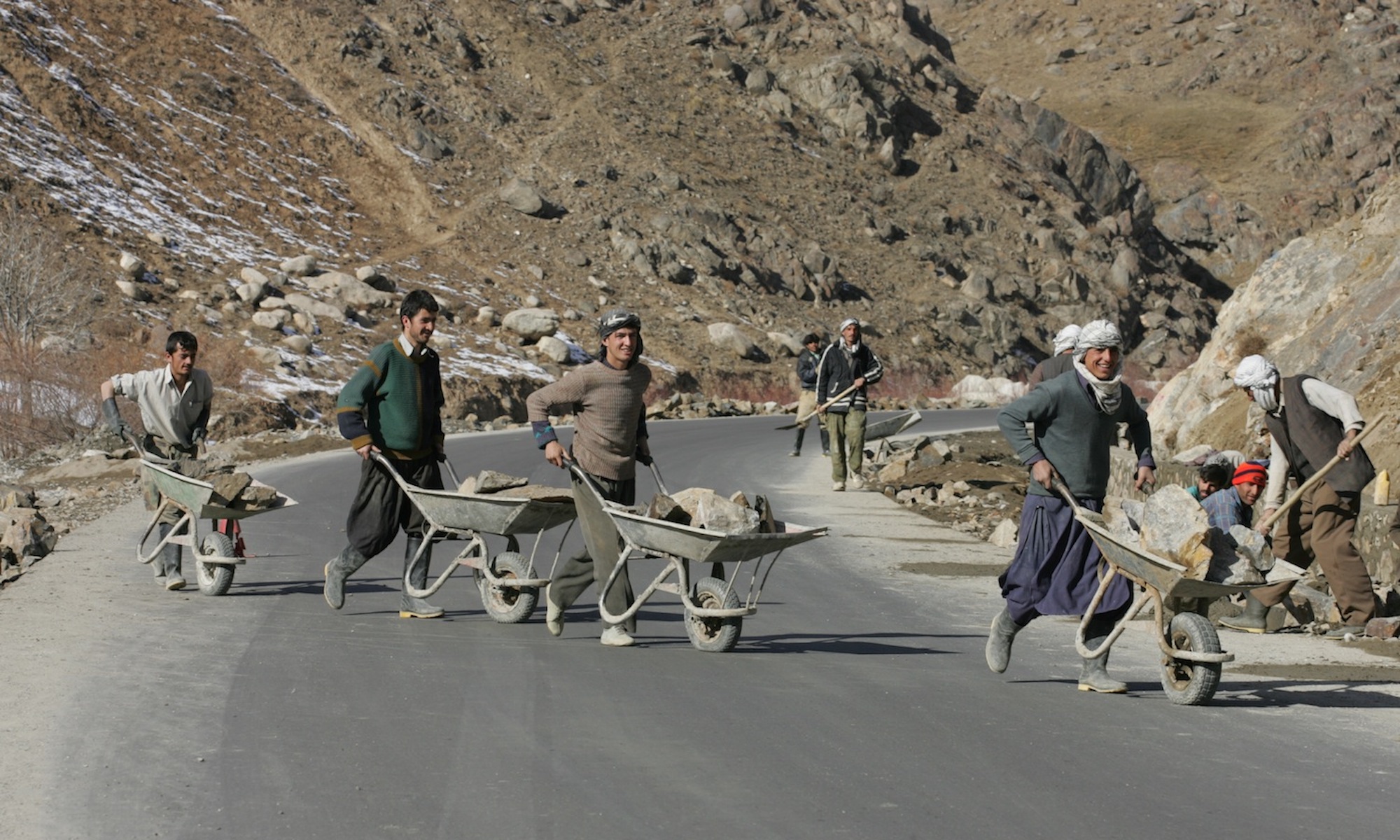This paper attempts to account for the gap between donor policies in support of SSR in developing countries, in particular in post-conflict African states, and their record of implementation. It explores the inadequacies of the present development cooperation regime and argues that a substantial part of this gap can be explained by the tension that exists between the prevalence of a state-centric policy framework on the one hand, and the increasing role played by non-state actors, such as armed militia, private security and military companies, vigilante groups, and multinational corporations on the other hand, in the security sector. This paper, which acknowledges the growing importance of regional actors and questions the state-centric nature of SSR, recommends a paradigmatic shift in the current approaches to development cooperation. The external origin and orientation of SSR needs to be supplemented by more local ownership at the various levels of SSR conceptualisation, design, implementation, monitoring, and evaluation in order to enhance synergy between donor priorities and interests on the one hand, and local needs and priorities on the other hand.

INSCT Postconflict Research Database
The Institute for National Security and Counterterrorism's Postconflict Research Database & Analysis Project stores cross-indexed bibliographic information on hundreds of journal articles, books, book chapters, and case reports that address the broad, interdisciplinary fields of postconflict reconstruction, stabilization, and peacebuilding.
37 Replies to “The Role of Security Sector Reform in Sustainable Development: Donor Policy Trends and Challenges”
Comments are closed.